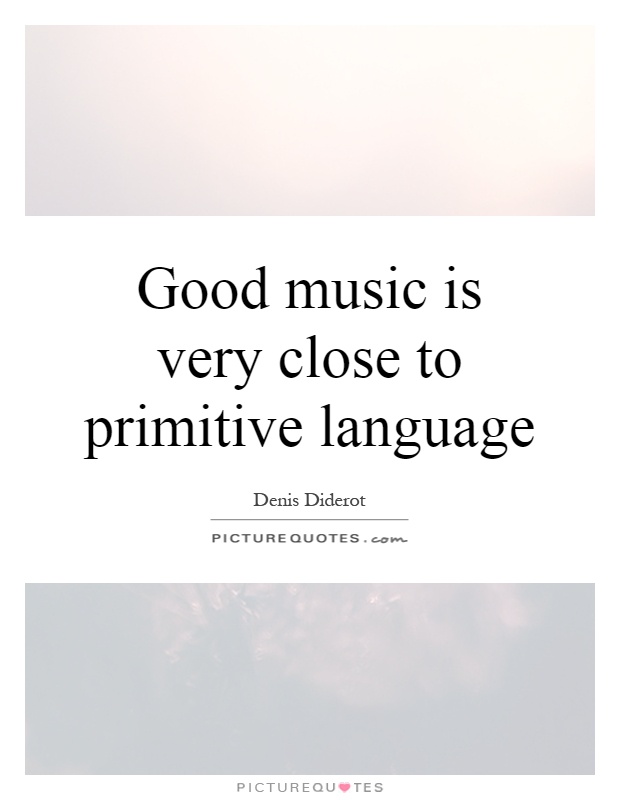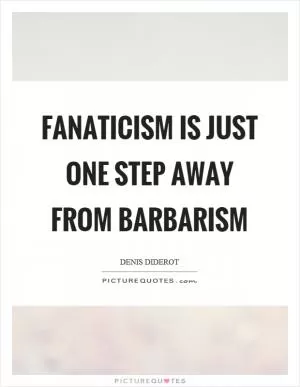Good music is very close to primitive language

Good music is very close to primitive language
Denis Diderot, a prominent figure of the Enlightenment era, was a French philosopher, art critic, and writer who made significant contributions to various fields of knowledge. One of his lesser-known but equally important ideas is the concept that good music is very close to primitive language. This notion sheds light on the profound connection between music and human communication, as well as the primal nature of music itself.Diderot believed that music, like language, has the power to convey emotions, thoughts, and ideas in a way that transcends the limitations of verbal communication. In his view, music is a universal language that speaks to the soul and bypasses the rational mind. Just as primitive languages were used by early humans to express their deepest feelings and desires, music serves as a means of emotional expression that is deeply rooted in our collective human experience.
Furthermore, Diderot argued that music has the ability to evoke primal instincts and emotions in ways that words cannot. The raw power of music lies in its ability to tap into our subconscious minds and stir up feelings of joy, sorrow, love, and fear. This primal connection to music is what makes it such a powerful form of communication, capable of transcending cultural and linguistic barriers.
Diderot's ideas about the close relationship between music and primitive language also highlight the importance of music in human society. Throughout history, music has played a central role in rituals, ceremonies, and social gatherings, serving as a means of bonding and communication among individuals. In this sense, music can be seen as a form of communal language that brings people together and fosters a sense of unity and belonging.












 Friendship Quotes
Friendship Quotes Love Quotes
Love Quotes Life Quotes
Life Quotes Funny Quotes
Funny Quotes Motivational Quotes
Motivational Quotes Inspirational Quotes
Inspirational Quotes